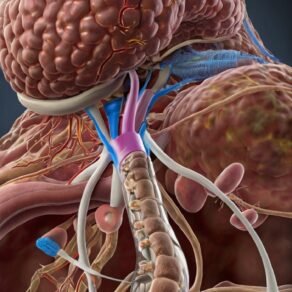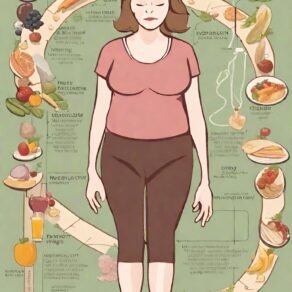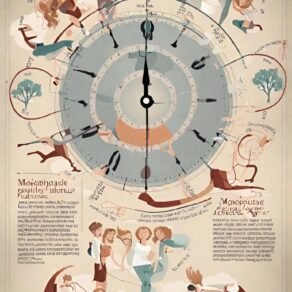Menopause is a natural biological process marking the end of a woman’s reproductive years. It typically occurs between the ages of 45 and 55, with the average age of onset around 51. During this transitional phase, women experience a variety of physical and emotional symptoms due to hormonal changes in the body. Understanding these symptoms is crucial for women to navigate this life stage with knowledge and seek appropriate support.
- Hot Flashes and Night Sweats:
- Hot flashes, characterized by sudden feelings of warmth, flushing, and sweating, are one of the most common symptoms of menopause.
- Night sweats, which are hot flashes that occur during sleep, can disrupt sleep patterns and lead to fatigue and irritability.
- Lifestyle changes, hormone therapy, and relaxation techniques can help manage hot flashes and night sweats effectively.
- Vaginal Dryness and Discomfort:
- Decreased estrogen levels during menopause can lead to vaginal dryness, itching, and discomfort, making sexual intercourse painful.
- Vaginal moisturizers, lubricants, and estrogen therapy (local or systemic) can alleviate vaginal dryness and improve sexual function and comfort.
- Mood Swings and Emotional Changes:
- Hormonal fluctuations during menopause can contribute to mood swings, irritability, anxiety, and depression.
- Supportive therapies such as counseling, mindfulness practices, regular exercise, and adequate sleep can help manage emotional symptoms and improve overall well-being.
- Sleep Disturbances:
- Changes in hormone levels and associated symptoms like hot flashes and night sweats can disrupt sleep patterns during menopause.
- Practicing good sleep hygiene, creating a relaxing bedtime routine, and addressing underlying sleep disorders can promote better sleep quality and duration.
- Changes in Libido:
- Fluctuating hormone levels and vaginal dryness can impact sexual desire and arousal during menopause.
- Open communication with partners, exploring new sexual techniques, and seeking medical advice for underlying issues can help maintain intimacy and sexual satisfaction.
- Cognitive Changes:
- Some women may experience memory lapses, difficulty concentrating, and cognitive changes during menopause, often referred to as “brain fog.”
- Engaging in mentally stimulating activities, maintaining a healthy lifestyle, and seeking professional help for cognitive concerns can support cognitive function during this transition.
- Bone Health Concerns:
- Estrogen plays a crucial role in maintaining bone density, and decreased estrogen levels during menopause can increase the risk of osteoporosis and bone fractures.
- Adequate calcium and vitamin D intake, weight-bearing exercises, and bone density screenings can help prevent and manage osteoporosis.
Conclusion:
Menopause is a natural and inevitable phase of a woman’s life, marked by various physical and emotional changes. Understanding the symptoms of menopause and seeking appropriate support and management strategies can empower women to navigate this transition with resilience and maintain their overall health and well-being. By addressing symptoms proactively and accessing resources and support networks, women can embrace this new chapter of life with confidence and vitality.





